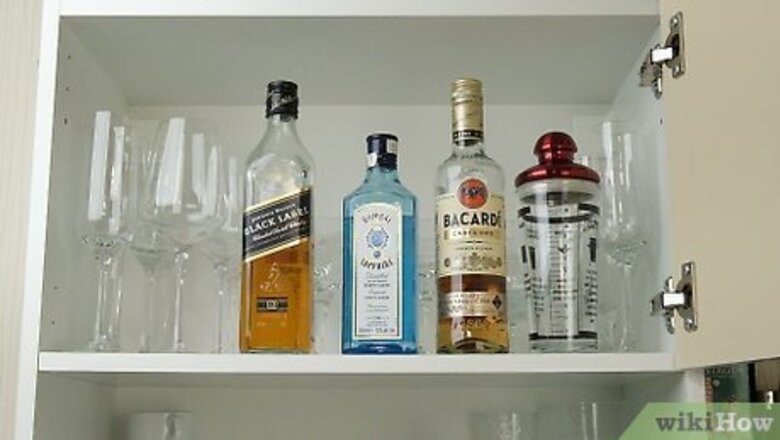
views
Taking Basic Precautions
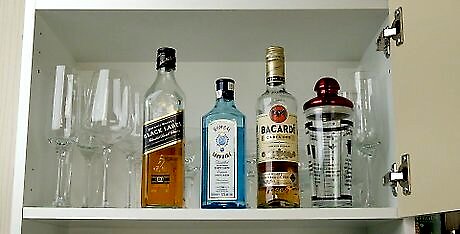
Store distilled liquors like whiskey in a room temperature area. Find a dry, relatively cool area of your home where you keep your liquor bottles for awhile. This doesn’t have to be a climate-controlled, but check that the area isn’t especially warm. For instance, you can store your liquor in a cellar, pantry, or dark cabinet. Liquor doesn’t do well in excessive heat, like above the oven.
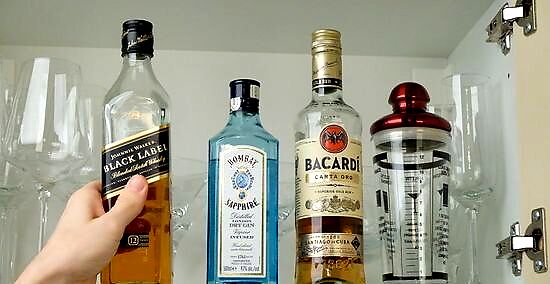
Check that your corked liquor is upright and not on its side. While wine bottles are usually stored on their sides, hard liquor doesn’t follow the same rules. Keep your bottles completely upright, so the liquor doesn’t soak into the cork and cause long-term damage. Wine bottle corks need to stay moist so they don’t crack, which can result in the wine being exposed to oxygen. Whiskey corks, on the other hand, shouldn’t touch the whiskey for a long period of time.
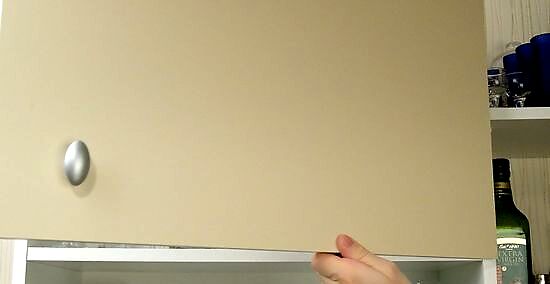
Store your liquor away from direct sunlight. Empty liquor bottles may be great decorations for your windowsill, but filled liquor bottles don’t mesh with sunlight and heat very well. Try not to store your liquor in any place where it can come in contact with sunlight, like a kitchen table or countertop. Sunlight can really degrade your liquor and make it not taste as good over time.
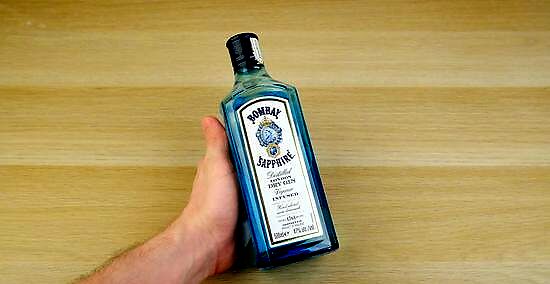
Finish off nearly empty bottles instead of storing them. Check the inside of your liquor bottle before setting it aside. If your bottle of liquor is already opened, the extra air in the bottle will begin to oxidize the liquor and make it lose its flavor in a shorter amount of time. If it’s a really small amount, finish off the bottle yourself, or share the rest with friends and family. Any opened bottle of liquor will start to oxidize and lose its flavor more quickly than a sealed bottle. Don’t open new bottles until you’re absolutely ready to drink them.Tip: If you don’t want to finish off your bottle, pour whatever you have left into a smaller bottle. Seal off this smaller bottle with a cap stopper so the liquor doesn’t go bad.
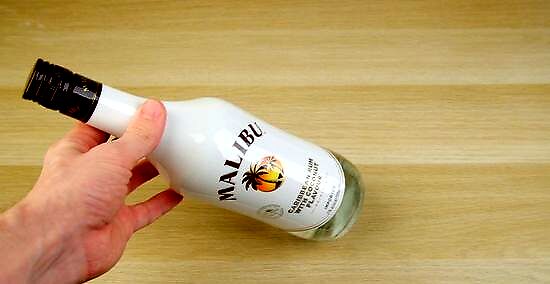
Buy alcohol in small amounts if you don’t drink a lot. Think about your usual shopping habits when you buy liquor. If you usually purchase more than you need, consider getting a smaller bottle. This makes it easier to finish off your liquor more quickly, and gives your alcohol less to oxidize and lose its freshness. A lot of liquor stores sell alcohol in small, serving-size bottles.
Caring for Specific Liquors
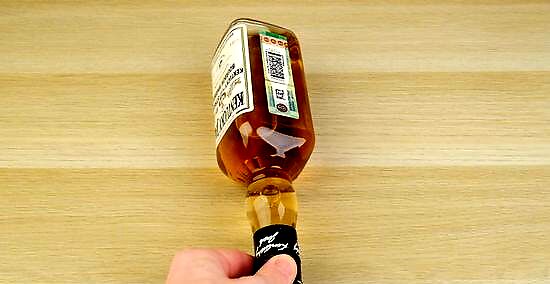
Flip your whiskey bottle once every few months to get the cork wet. Tip your sealed whiskey bottle over for a few minutes so the surface of the cork can get wet. You don’t want to store your liquor like that indefinitely, but flipping your bottle for a short amount of time can prevent your cork from drying out and cracking. If your cork cracks, air could seep into your bottle and degrade the quality.
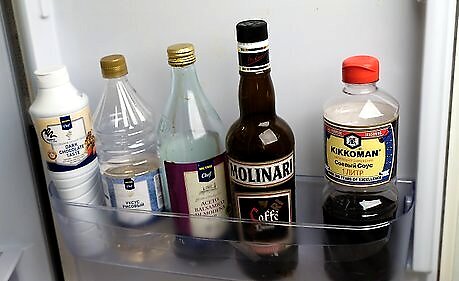
Keep opened creamy liqueurs in the fridge indefinitely. Check that the cork or cap is tightly secured on your creamy liqueur, then find a secure spot in your refrigerator where you can keep it upright. Follow the recommended “best buy” date on the bottle if you don’t plan on finishing the bottle right away. If the bottle is unopened, keep it in a cool, dark area away from sunlight.
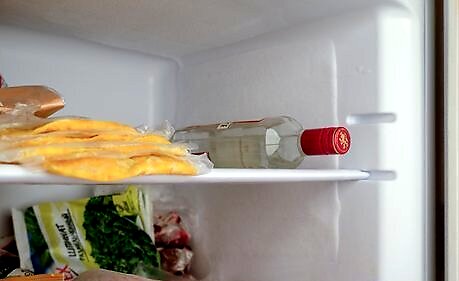
Store your vodka in the refrigerator if you don’t plan on using it right away. Find some open space in your refrigerator where you can squeeze your vodka bottle. Since vodka bottles don’t come with corks, you don’t have to worry about keeping your bottle upright. Ideally, keep your vodka in a controlled climate that’s around 0 to 4 °C (32 to 39 °F). You can keep really cheap vodka in the freezer, since it has a sharp burn.
















Comments
0 comment